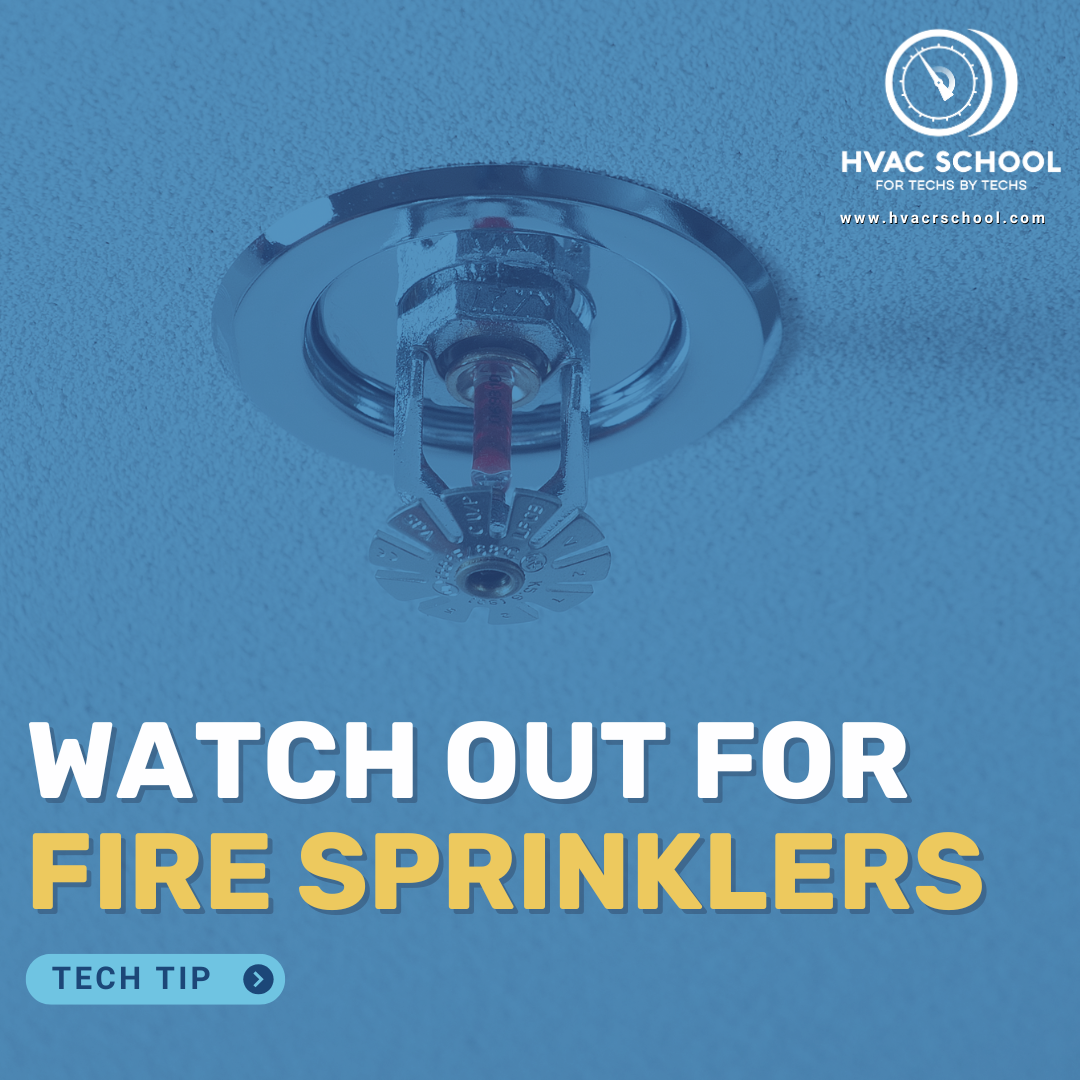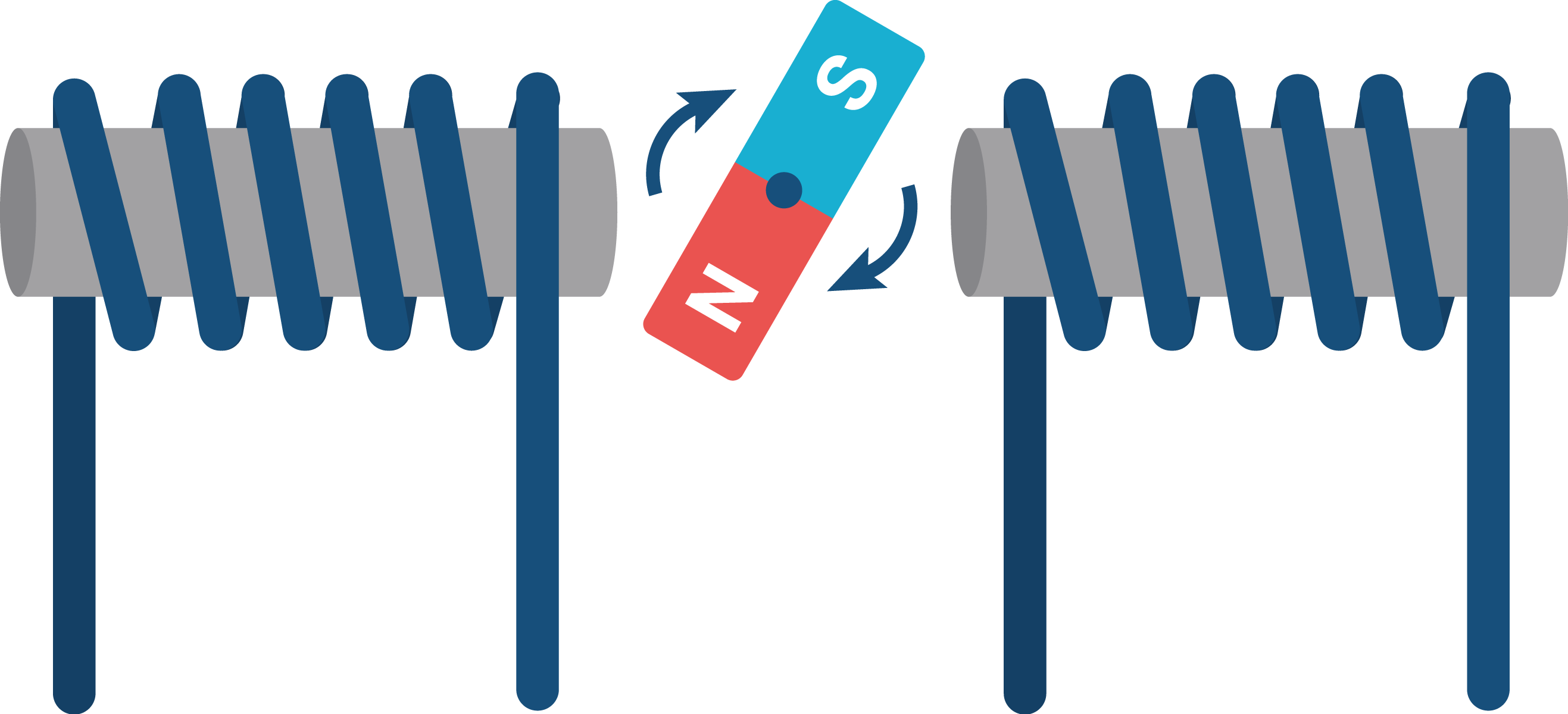Get Tech Tips
Subscribe to free tech tips.
Technician Profitability: Increase Your Value

We’ve already made a few tech tips and uploaded a few podcasts about HVAC business practices, including some on profitability. That content is all fine and dandy, but those podcasts, articles, and videos may seem out of touch with most of our audience. After all, that content hardly seems to apply to the bread and butter of our industry: the technicians themselves.
However, HVAC business owners and managers can only do so much to ensure profitability. No amount of margin-calculating and overhead cost management will bring actual money through the door. So, the techs are the true heroes who bring value to an organization.
Techs can also be profitable or unprofitable depending on their training, skill, and temperament. Profitable techs who bring more value to the organization are more likely to earn raises and promotions.
This article will explain how a technician can be profitable and more successful in their careers. We will cover best practices for technicians who look to bring more value to their organization and become better candidates for promotions and pay raises.
Understanding “value”

Maybe you’ve noticed, but we’ve already used the word “value” several times. What does “value” even mean? How can a technician grasp and apply the concept in their work?
“Value” is relative, but it mostly refers to the extent to which something pays for itself. For example, we may all shop at Harbor Freight from time to time (I'm not gonna lie, I love it), but we know the tools are cheap in price and in quality. Compare HF to my awesome Knipex hand tools and there is no comparison in quality or price but they both may represent a “value” for what was paid.
In terms of service, a customer may have called a technician out to replace a failed capacitor, and the technician charges $120 for the capacitor. For $450, the technician can replace the capacitor AND clean the condenser, clean the drain line, and set up a maintenance plan. For some customers, the $450 service will have a lot more value than the $120 capacitor replacement because it will keep their unit running at top performance for a long time, even if it costs a lot more on the surface.
The technician can add value to their services by diagnosing the entire system and offering to repair or replace components that may be problematic in the future. They can spend more time with the equipment to get the most out of its performance, not just apply a simple fix.
Incorporating customer service into the value equation

They're hard at work but remain positive.
Customer service refers to the way that we communicate with customers. Are we pleasant and respectful to them and their property? Do we listen to customers and incorporate their concerns and desires into our solutions?
It’s helpful to think of customer service as a vehicle for delivering value. A customer cannot understand the value of a service procedure until a technician explains the HVAC system’s problem and how a service procedure will fix it.
You can explain everything your service procedure entails, such as performing a complete system diagnosis and addressing other potential problem areas. Make sure the communication is thorough and that the customer understands the scope of work.
Once you’ve been fully transparent about the system’s health and needs, you can put all service possibilities on the table. Ideally, you can charge a large but fair amount of money to perform a thorough service that will keep the HVAC system running excellently for a long time. The more billable work you perform, the more profitable you will be as a technician.
In that same vein, a profitable technician will allow the customer to say NO to parts of the service plan. When you lay all possibilities on the table and let customers choose what they want, they will likely not accept all of your service options. When you respect a customer’s choice, they can determine what is valuable to them and have control over their money. The customers will also probably be less likely to blame or badmouth the company if their equipment has issues in the future; after all, it was their choice to refuse some of the service options.
Remember, be positive with customers! Customers value techs who are honest but respectful and leave negativity at the door.
Mastering a skill
Profitable HVAC technicians offer value that can’t be found anywhere else. As such, many of the most profitable technicians are experts in a certain procedure or a related field, such as indoor air quality (IAQ) or duct design.
These technicians expand a company’s scope of practice. Thus, the company becomes more profitable when it opens itself to a market that will benefit from a technician’s humidity control or duct design expertise. On top of that, knowledgeable technicians help customers make more informed decisions, which is the key to communicating value and establishing profitability in the first place.
In addition, technicians with unique or extraordinary skillsets can earn raises or promotions more easily. These techs can meet with their managers and plan a way to apply their exceptional skills to assist the growth of the company. When a technician's profitability is directly responsible for an HVAC business’s growth and success, they become better candidates for raises and promotions than the techs who merely work the daily grind for a substantial time period.
You can also focus on perfecting your typical industry skills. As you master skills like brazing, you become more confident and efficient. Overall, you do better work in a more organized, collected fashion.
Maximizing profitability on maintenance agreements

Regularly scheduled maintenance procedures provide a steady source of profit for techs AND the business.
Maintenance agreements can be tricky. When maintenance programs are organized and communicated correctly, you can perform excellent, thorough work for a customer and secure a steady (albeit fairly small) source of profit. That source of profit can help even out the amount of labor needed in the busy and slow seasons.
However, if you organize and communicate your maintenance agreements ineffectively, your customers will not believe in maintenance. So, you will miss out on a secure stream of income. Moreover, a company that doesn’t have maintenance agreements may work their employees to the bone in busy seasons but experience labor loss in slow seasons.
HVAC profitability master Ruth King puts it best when she says, “If you don’t believe in maintenance agreements, none of the customers you talk to will believe in maintenance agreements.”
The technician is the person who needs to propose maintenance agreements to customers. These agreements provide several benefits to customers, including saving money on utility bills and extending equipment longevity. However, maintenance agreements only live up to their value when technicians believe in performing good, thorough maintenance.
When you perform maintenance, give yourself an organized plan for performing a thorough job efficiently. Clean everything that needs cleaning. test all components that could cause system issues. The key to performing a valuable PM is believing in your work. When you believe that you’re doing what’s best for the overall health of the system, your customers will believe in you and be willing to enroll in maintenance agreements.
Another way to make maintenance agreements profitable is to bundle them with service repairs. Of course, the feasibility of that will depend on the clientele and the company.
Avoiding poor productivity practices

Bert cleans his van when he doesn't have technicians to train or service calls to run…. SOMETIMES
We’ve talked about several things you can do to improve your profitability as a tech. What are some things you shouldn’t do? The answer is quite simple:
Don’t engage in unproductive practices when you are on the clock. You become much less profitable (and valuable all around) if you are unproductive at work.
An unprofitable tech uses his free time on his phone or sitting idly. He doesn’t lift a finger to help clean up the shop or his van, and he wouldn’t DARE think about picking up a book and learning. He may take the long route to a job or do two hours’ worth of work in four hours.
The managers know who is bleeding their business. Unprofitable techs won’t make progress at best or be fired at worst.
Conversely, profitable techs who have free time on the clock invest in themselves and the business. They may tidy the shop, work on their skills, or read manufacturer bulletins and manuals to perform jobs more confidently and quickly than they already do.
In the end, technicians are the lifeblood of their HVAC organizations—of the HVAC industry. When we invest in ourselves and communicate our services’ value to customers, we become more valuable members of the team AND bring more money into our business. In a good company, that money comes back to us through resources, raises, and promotions.
We’re the starting point of the cycle of moneymaking in the HVAC business. Profitability depends on us. When we apply best practices and believe in our work, we set our companies and ourselves up for success.











Comments
To leave a comment, you need to log in.
Log In